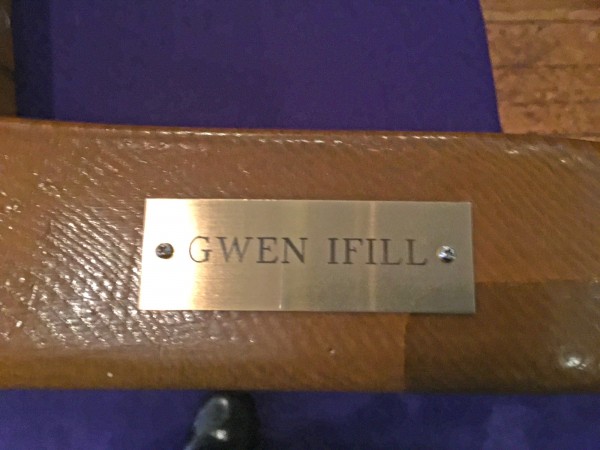Asa Philip Randolph, founder of the Brotherhood of Sleeping Car Porters and organizer of the historic 1963 March on Washington, DC, once said:
"At the banquet table of nature there can be no reserved seats. You get what you can take and you keep what you can hold. If you can't take anything, you won't get anything, and if you can't hold anything, you won't keep anything. And you can't take anything without organization."
Last week, 50 workers at the Republic Windows and Doors Company in Chicago did just that as they organized and voted to occupy a plant after they were given three days notice that the company was closing with no guarantee of severance and vacation pay that was owed them. The company claimed that due to a decrease in sales from $4 million to $2.9 million dollars over the prior month, Bank of America, the company's creditor, gave it no choice but to shut the doors when it closed their line of credit.
Whoa! Is that the same Bank of America that was bailed out by the government to the tune of $850 billion (and counting) one month ago?
One day after workers refused to leave the window plant, in his last good act before being arrested, Illinois Governor Rod Blagojevich stood with the window workers and informed all Illinois state agencies to suspend business with Bank of America. The company's line of credit was restored.
With the governor's help, the window workers leveled the playing field by insisting on the same compassion offered the wealthy on Wall Street. Workers on the plant floor rightfully demanded the same consideration of workers on the top floor of Bank of America. In a manner reminiscent of American workers in the late 1800s and early 1900s the window workers dared to display dignity and won what was rightfully theirs - respect. Yes they did.
The American Labor movement has taken unfair public criticism of late, particularly the American Auto Workers. Yet, if it were not for the labor movement, laws of the workplace that are taken for granted by most employees today would not exist.
For example, the labor movement is responsible for eight-hour work days; 40-hour work weeks; minimum wage; occupational safety and health standards; and child labor laws.
In other words, if it were not for the American labor movement, today's workers would not enjoy weekends or the guarantee of a basic wage. Moreover, the middle class, as we know it, would not exist.
Most Americans, particularly African Americans, do not realize the power in joining unions. Given that over 60 percent of all African Americans live in the "Black Belt" southern states — from Virginia to Texas, where unions are not welcome — worker rights are suppressed.
Under current law, in "right-to-work states" which paradoxically oppose the rights of workers, if a majority of workers sign up for a union, the company can veto that decision and demand a vote with a secret ballot. Under such a process, and prior to a vote, workers are harassed, fired, or threatened by plant closure unless they vote against the union. As workers witness an economy where wages, work hours, and benefits are going down, working people must have the right to organize.
When the United States Congress returns in January, it will consider The Employee Free Choice Act, a law that would give workers the basic right to organize with open elections, and would require the National Labor Relations Board to reinstate workers unfairly fired for union activity. The Act would also impose stiffer penalties on companies that suppress worker rights in America.
The lessons learned from A. Philip Randolph are not lost. Workers in Chicago demonstrated that there is power in solidarity, which compels government and management to act. Just as Mr. Randolph organized workers to encourage President Franklin Roosevelt to sign into law the Fair Employment Practices Committee in 1941, today's workers should call on their elected officials to support passage of the Employment Free Choice Act of 2009.
Gary Flowers is executive director and CEO of the Black Leadership Forum.
















































































































































































































































































































